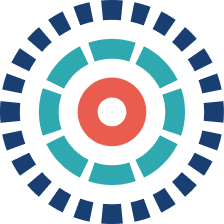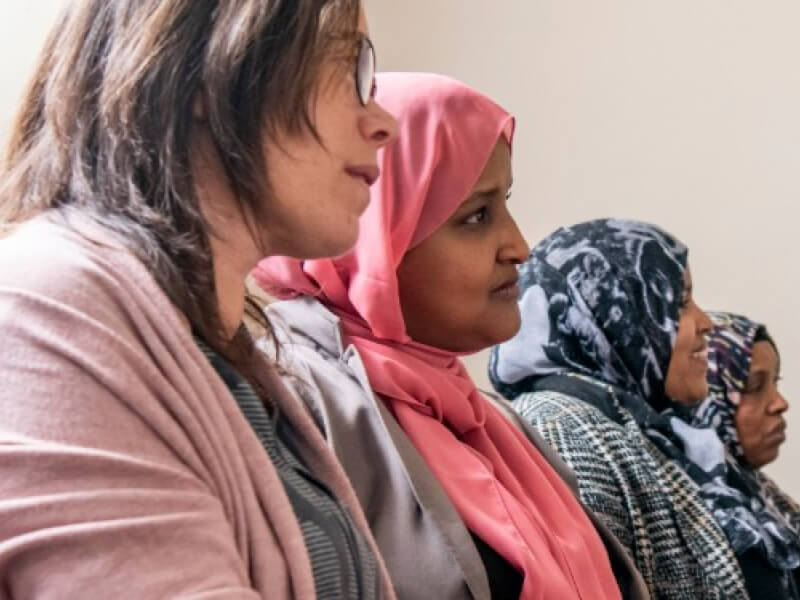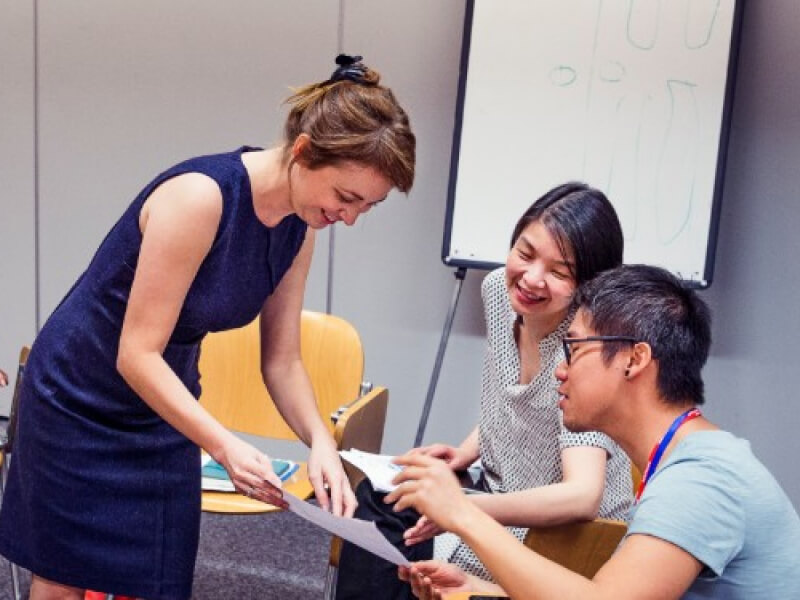Committee vacancies

NIHR committees help decide which research projects to fund or prioritise.
Our committees help to ensure that research is high quality, robust and represents good value for money.
We want our committees to have a broad range of perspectives, knowledge, skills and experience. Committee members include clinicians, academics, carers, patients and members of the public.
How NIHR committees work
NIHR research programmes award funding for research projects in health, public health and social care. Researchers apply to these programmes for funding for their research ideas.
Committees regularly meet to decide which research projects to prioritise, or recommend for funding.

What committees do
There are different types of committees depending on the role they need to play.
Prioritisation committees read topic documents and research briefs. They assess the documents and contribute to the development of research questions. Some prioritisation committees also review stage one research proposals.
Funding committees critically assess and prioritise research proposals for funding.
The time commitment for roles varies, but is around six to 12 days per year. Some committees meet for one day, three times a year, and others meet for two days, three times a year. There is also a short amount of preparation work.

Professional members
We seek qualified professional committee members including:
- academics
- subject experts
- clinical staff
- service managers
- health, social care and public health practitioners
Learn more about becoming a professional committee member.
Search current professional committee positions

Public members
We seek public committee members including:
- patients
- carers
- people who draw on social care support
- members of the public
Learn more about becoming a public committee member.

Our impact
Find out how our work is making a positive difference for patients, people who need care, the wider public and the economy.


